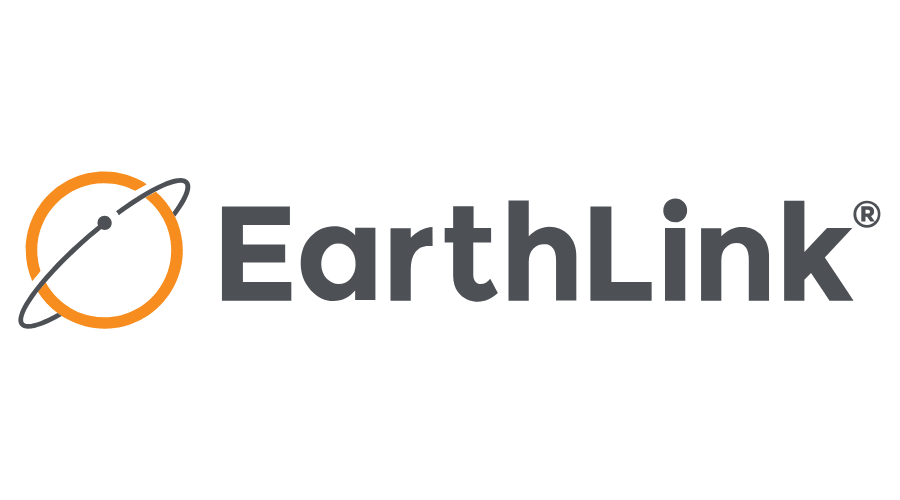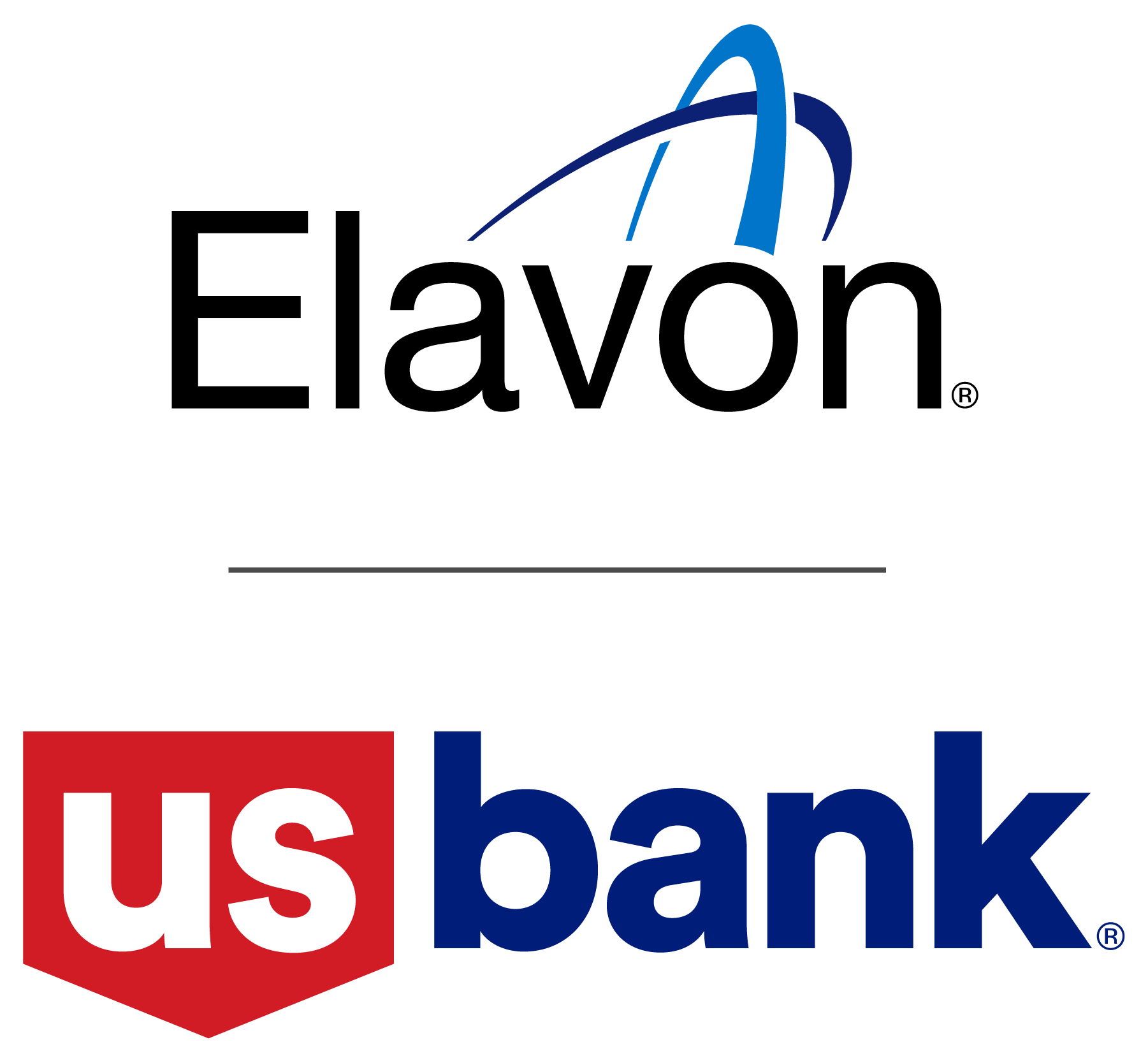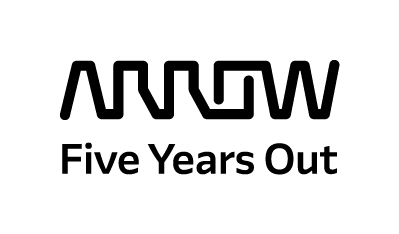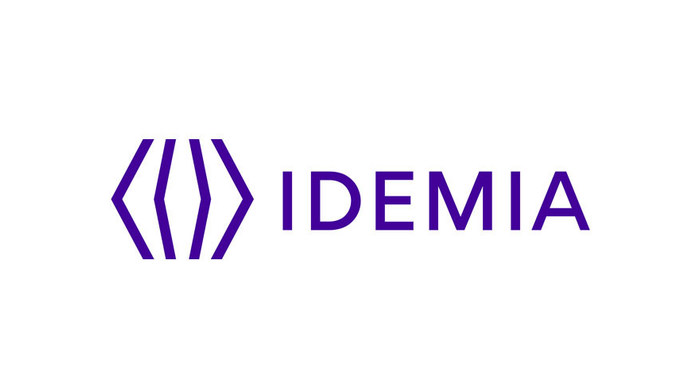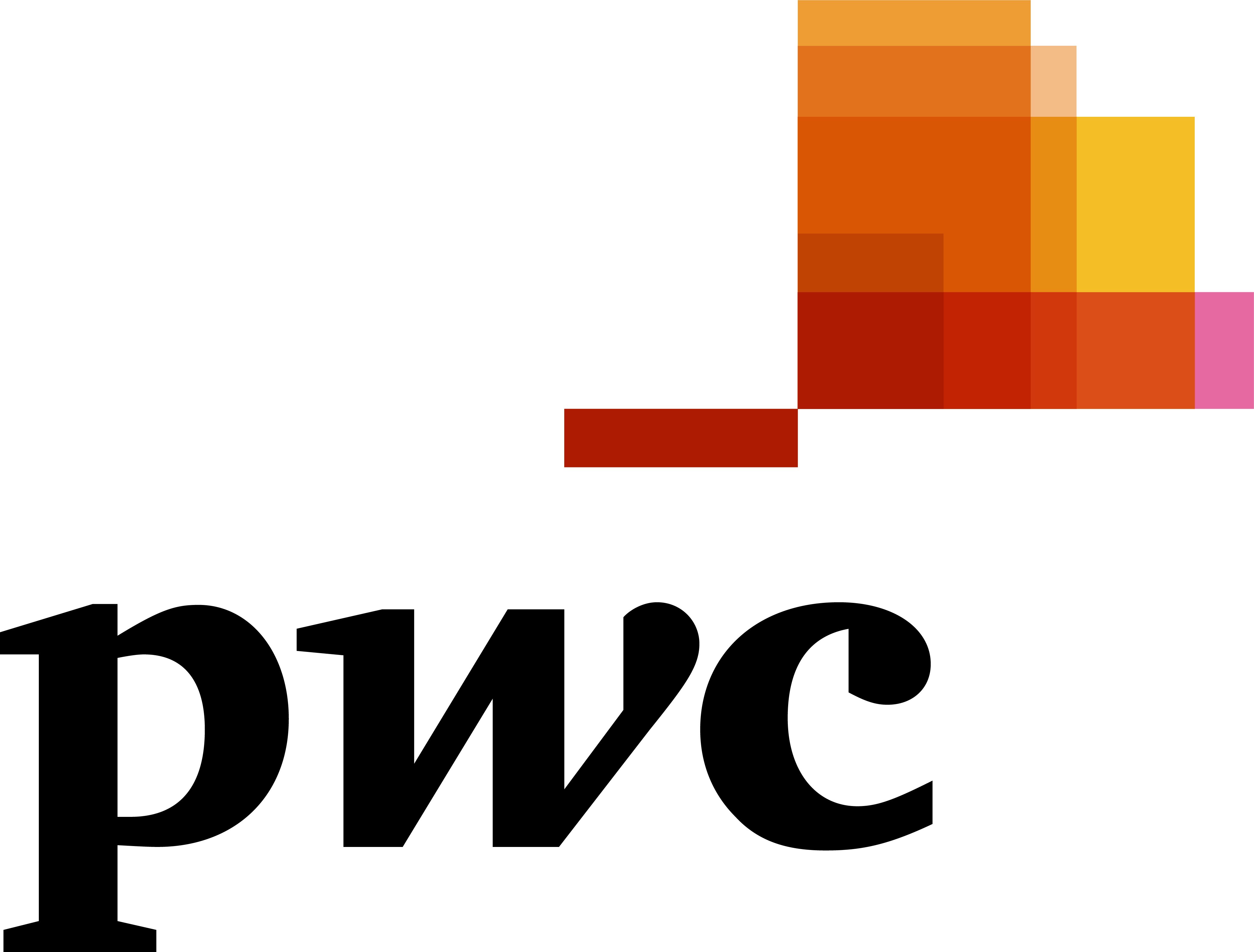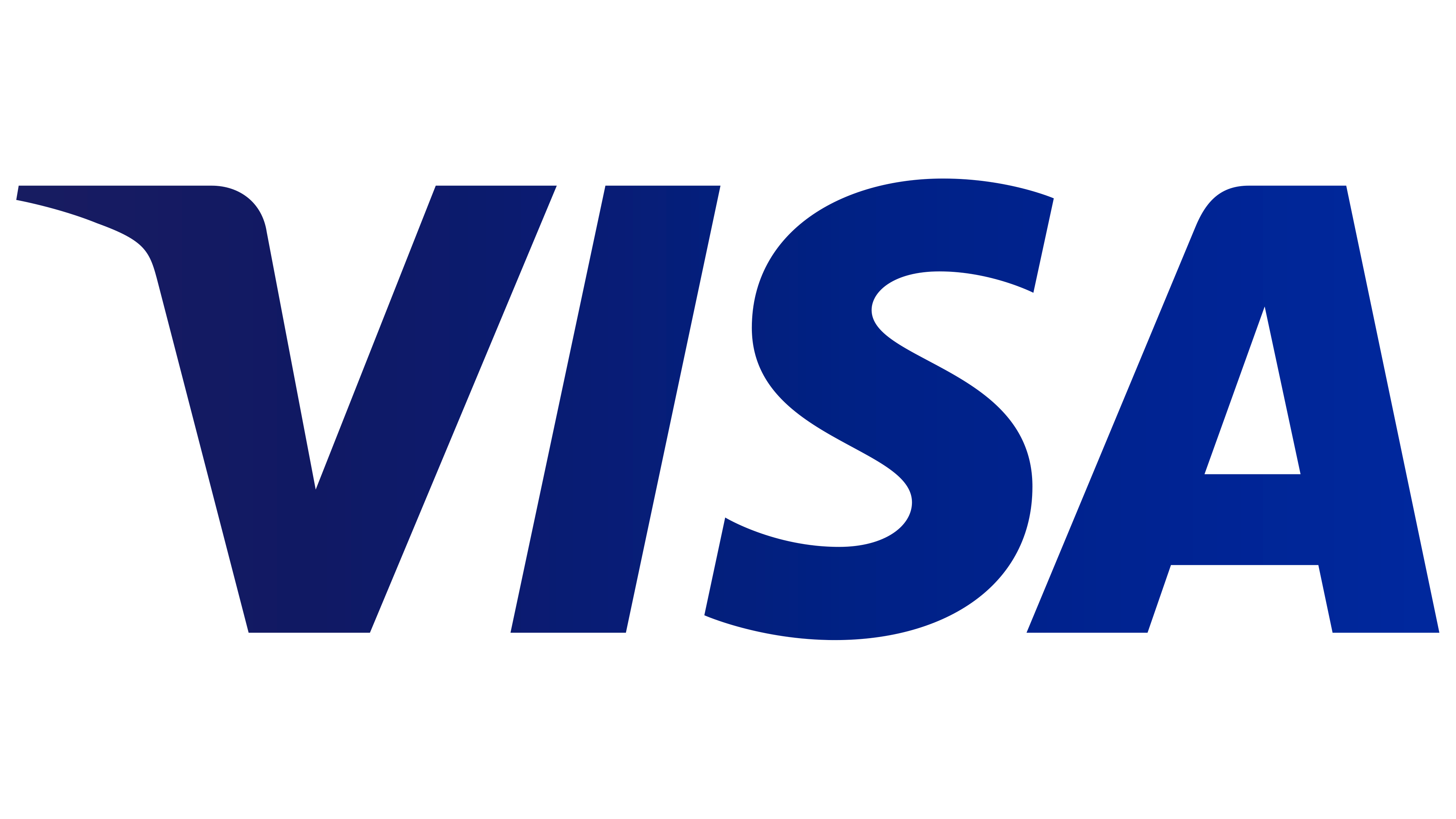By Larry Williams, President and CEO, Technology Association of America
While the digital divide is narrowing slightly, almost a quarter of the U.S. population don’t have home internet. That gap remains stubbornly wide, and it’s holding back the innovation economy. More importantly, the digital divide is a barrier to opportunity for millions of Americans.
People need access to high-quality internet capable of supporting essential tasks like video calls for work, school, telehealth appointments, or downloading educational materials. The need for broadband access is especially pressing with the pandemic. Last April, almost half of the US workforce worked from home. That percentage is likely to remain high with COVID variants spreading this summer and keeping many offices closed.
Fortunately, we now have an opportunity to do something about the problem. In Washington, a bipartisan task force of Democratic and Republican Senators are moving forward with an agreement to invest $65 billion to close the digital divide.
This week I published an op-ed in favor of this agreement, and you can download it here. I believe the legislation moving through Congress represents an historic chance to wire most every corner not only of our state but the entire country. If the bill passes and becomes law, we could dramatically improve access to the innovation economy. That would be a huge win not just for our technology community but for everyone who benefits from access to the Internet.
Technology should work in the service of people, not the other way around. And it should work for everyone, including those who are disadvantaged or disconnected. I believe we have a shared obligation to ensure technology does not disproportionately favor any one community. Technology, especially broadband, should be an accessible catalyst and enabler of a more just, productive and equitable world.
Universal broadband would be a big step toward that objective. It would deepen our roots as an inclusive and globally-integrated high-tech hub. With a little help from our elected officials in Congress, universal broadband will soon become a reality that benefits all of us.



